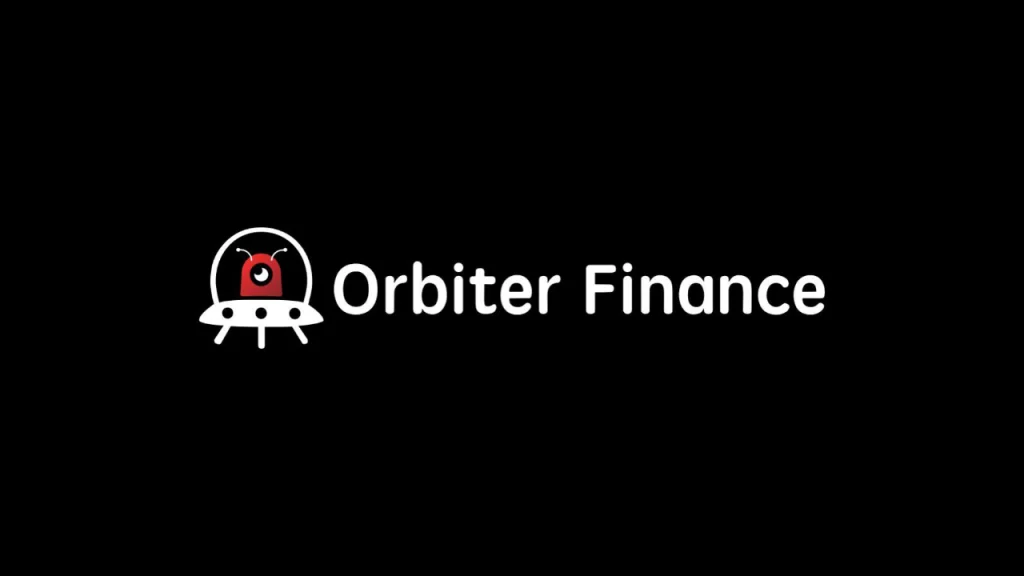Orbiter Finance announced that it generated 20,000 ETH in revenue last year as its decentralized cross-chain Layer 2 protocol. This performance shows that Orbiter Finance has achieved great success with its cross-chain bridge protocol and has surpassed the total revenues of other third-party bridges in the industry.
Orbiter Finance’s Prominent Performance
Orbiter Finance has processed over 24 million transactions in the last year, with a total transaction volume exceeding $16 billion. The revenue generated by the company allows it to stand out as the most profitable cross-chain bridge protocol in the industry. This revenue engine, known as the Maker system and previously operating as a centralized liquidity provider, is cited as one of the main reasons for Orbiter Finance’s high profitability.
Might interest you: DBS Bank Launches Blockchain-Based Government Grants Pilot
These revenue figures set Orbiter Finance apart from its competitors. For example, another major cross-chain bridge protocol called Base generated $39.075 million in revenue during the same period. However, Orbiter Finance’s high revenues reflect its competitive advantage and growing influence in the DeFi (decentralized finance) space. Orbiter Bridge increases the efficiency of cross-chaining between various L2s and the ETH mainnet by overcoming the limitations of traditional bridges, such as speed.
Orbiter Finance’s Future Plans
Orbiter Finance is preparing to launch Vizing, a zk-based omni-rollup infrastructure in the future. This new infrastructure aims to solve liquidity fragmentation and improve interoperability between Ethereum rollups. Vizing will further improve the protocol’s scalability and user experience by offering features such as a unified wallet system and bulk liquidity.
“We have a vision to create an omnichain future, and seamless cross-chain bridging is the first step to achieving this goal,” Orbiter Finance co-founder Iris Cheung said in an interview with Coingape. Cheung emphasized that Orbiter Finance provides instant bridging, unlike Layer 2 transfers that other bridges like Arbitrum, Optimism, and ZKsync Lite have a 7-day waiting period. He noted that this “Trend-Driven” strategy was extremely effective as they entered the market at a time when the potential of Ethereum L2s was not believed.
You can also freely share your thoughts and comments about the topic in the comment section. Additionally, don’t forget to follow us on our Telegram, YouTube, and Twitter channels for the latest news and updates.


